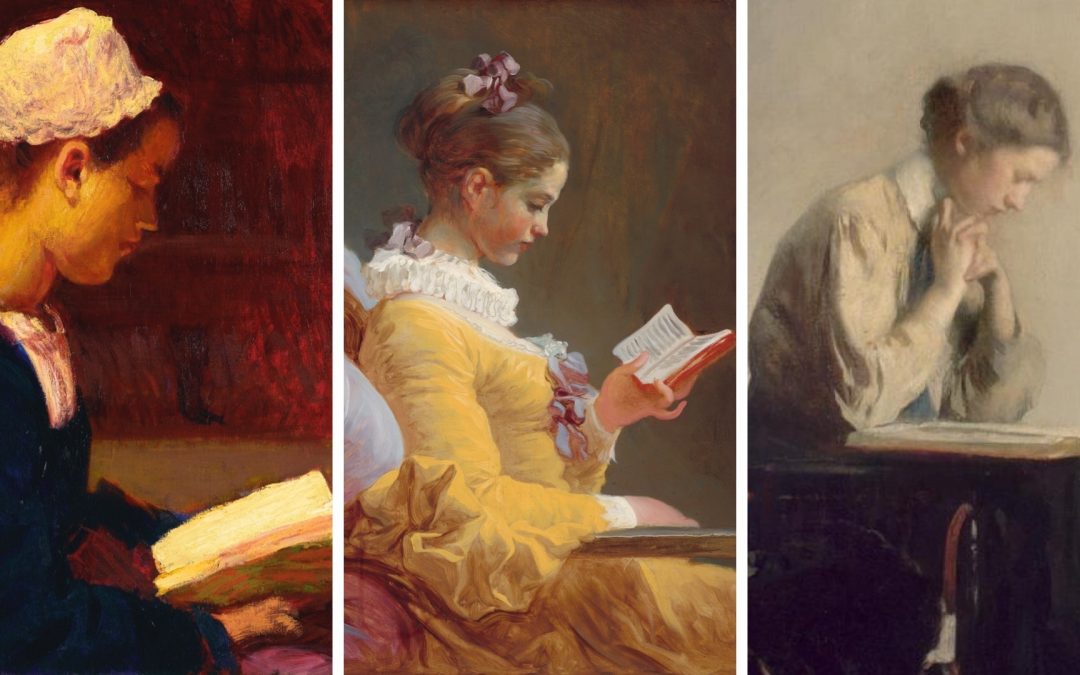One of the joys of no longer being a student is finally having the time and energy to read books for pleasure. Since most of my classes were political science or English, I had a seemingly never-ending list of required readings. Reading a book purely for the joy of reading was a long-forgotten concept. When I had free time, I had no interest in picking up another book (Netflix, anyone?). Now, however, I have all the time in the world to read books!
Through books, I can visit pandemic-free utopias and travel to places I hoped to visit this year. Perhaps more than ever, reading has become a form of escapism—a safe refuge for the weary 2020 traveller.
I convinced a few of my friends to start a long-distance book club—between the four of us, we’re spread across three different cities in two provinces. It’s quite straightforward: we read the book, mail it to the next person, receive a new book to read, and rinse and repeat until we’ve read all the books in our tiny book club’s circulation. So far, I’ve found it to be a lovely way to stay in contact with some of my closest friends and it feels as if I’ve gotten to know them in a different way. We all picked vastly different books and genres. There is a light-hearted and humorous account of the restaurant industry, a woman’s harrowing tale of her kidnapping in Somalia, a historical fiction murder mystery, and a thriller.
I never would have picked these books for myself, and I’ve been pleasantly surprised by how much I’m enjoying them. Our little book club has allowed me to read these books from a different perspective, and finding a different outlook is something I consider essential for maintaining my mental health. Taking a step back and diving into someone else’s world, especially when a close friend selected that world for you to explore, can provide a quick reprieve from my own struggles. It also serves as a much-needed reminder that I am not alone in my struggles; the authors and characters of our books often describe their own mental health struggles and triumphs.
In a strange way, it’s comforting to know that the real-life and fictional characters of our books experience similar feelings of doubt and insecurity. I interpret it as a sign that what I’m feeling is entirely normal and expected. It also gives me a glimmer of hope; for example, if Amanda Lindhout (kidnapping victim and author of A House in the Sky) can persevere through the trauma she endured during her 15-month ordeal, surely I can learn from her strength and apply it to my definitely-less-macabre-but-still-anxiety-inducing challenges.
Wrangling my friends into a book club has been rewarding for two main reasons: it’s provided a new way to stay connected with far-away friends, and it’s forced me to step out of my comfort zone and read books with different perspectives that I otherwise wouldn’t have found. Most importantly, this book club has contributed positively to my mental wellbeing. Reading for pleasure truly is one of life’s small joys, and I’m collecting a mental reserve of small joys into which I can escape whenever I need a reminder that things will be alright.
Here’s an excerpt from A House in the Sky that I like to refer back to whenever I struggle to find silver linings:
You’d be surprised at what people throw away, even poor people. You might find a doll with a missing arm or a perfectly good videotape of a perfectly good movie. I remember finding an emptied-out wallet, brown leather, with a delicate gold clasp. Another time I found a pristine white handkerchief with smiling cartoon characters embroidered on it. I kept them both for years, the handkerchief folded up neatly inside the wallet, a reminder of all that was pretty and still to be found.
Cheers,
Xaviere
